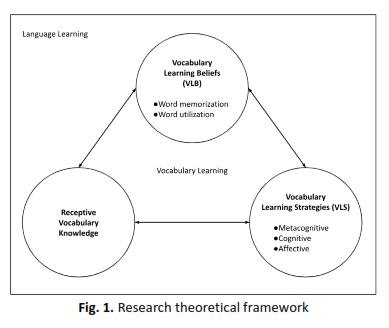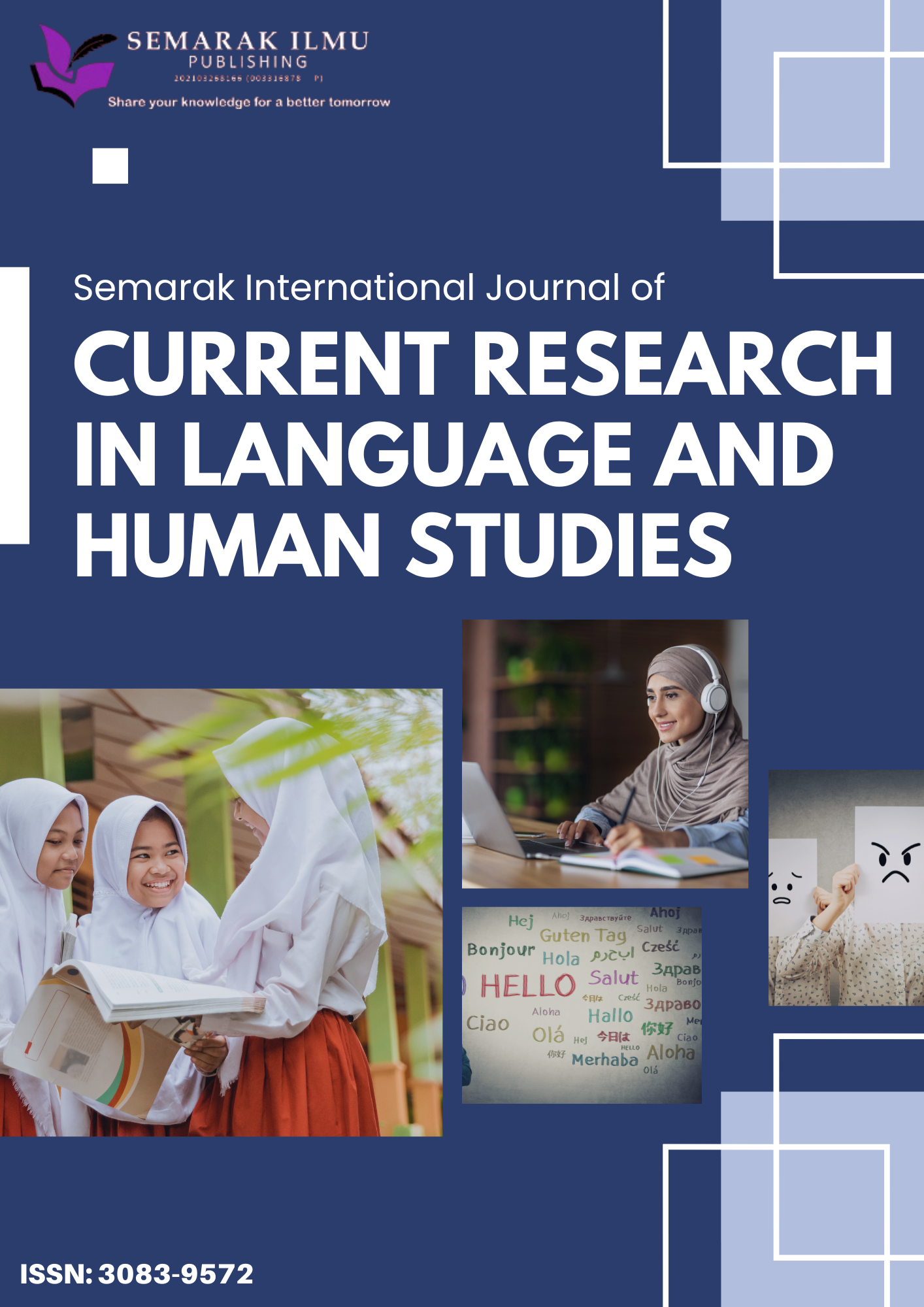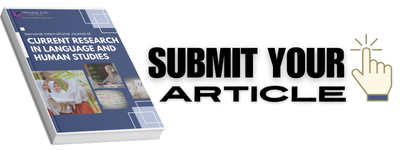Vocabulary Learning Beliefs, Vocabulary Learning Strategies and Receptive Vocabulary Knowledge of ESL Learners among Engineering UTM Undergraduates
DOI:
https://doi.org/10.37934/sijcrlhs.1.1.5982bKeywords:
Vocabulary learning beliefs, vocabulary learning strategies, receptive vocabulary knowledge, ESL learners, engineering undergraduatesAbstract
Vocabulary knowledge is crucial for English language learning as without effective beliefs and strategies, it may impede ESL learners’ academic and professional growth. The research aims to identify vocabulary learning beliefs (VLB), determine vocabulary learning strategies( VLS) commonly used, and assess ESL learners' receptive vocabulary knowledge levels among engineering undergraduates at Universiti Teknologi Malaysia, UTM. However, there are limited studies on beliefs and strategies among engineering undergraduates in the Malaysian context. A Google Form survey consisting of a Vocabulary Learning Strategy Questionnaire adopted from Hadi and Guo (2020) and a Vocabulary Levels Test (VLT) established by (Nation, 1983; Schmitt, Schmitt, and Clapham, 2001) were used for data collection. The respondents were selected among 70 ESL learners of UTM engineering undergraduates through a random sampling approach and cross-sectional research design. The descriptive analysis revealed that they have a positive VLB. Likewise, they ranked the cognitive as the most commonly used VLS. Subsequently, VLT scores illustrated high mastery at the 2000 and 3000-word levels, intermediate mastery at the 5000-word and Academic Wordlist levels, and low mastery at the 10000-word level. The findings suggested that combining both VLBs could encourage effective vocabulary learning. At the same time, the overall percentages of each VLS showed moderate agreement, implying that the respondents do not highly employ the VLSs, possibly due to low awareness level, and even not reached independent levels as evidenced by substantial failure at the 10000-word level. The findings significantly elevate ESL learners' awareness of VLS among engineering undergraduates to enhance their receptive vocabulary knowledge and inform the lecturers to tailor language instructions.









